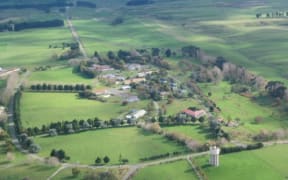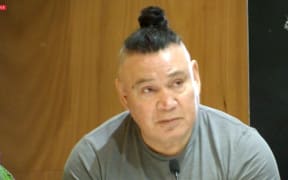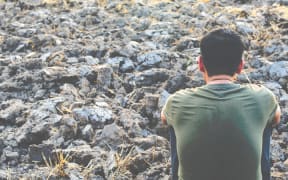Government documents uncovered from more than 20 years ago have shown Treasury earmarked more than $130 million to resolve legal claims from former patients of psychiatric institution Lake Alice.
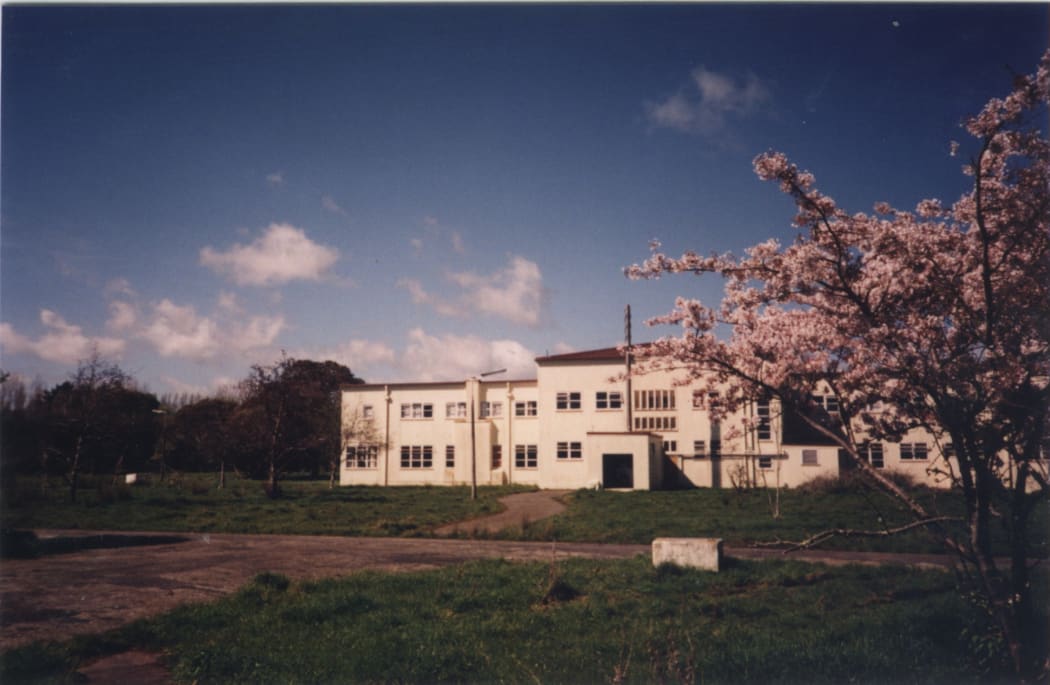
Lake Alice Hospital Photo: PUBLIC DOMAIN./ Pawful
That was 10 times what has been paid out to about 200 survivors, who between them received about $13 million in ex gratia sums for their time at the Rangitīkei facilities child and adolescent unit in the 1970s.
At this year's Royal Commission into Abuse in State Care's hearings into the Lake Alice child and adolescent unit in the 1970s, solicitor-general Una Jagose, QC, was asked about the legal challenges of two decades ago.
The lawyer representing the survivors, Frances Joychild, QC, questioned her about whether it was true that Treasury had earmarked $132 million to resolve claims.
Jagose said she would have to check.
After inquiries with Crown Law, RNZ can reveal a contingent liability of $132 million was identified in the Budget Economic and Fiscal Update 1999, when Jenny Shipley's National-led government was in power.
From the $13m paid out, survivors received sums about 20 years ago, under the Labour-led government of Helen Clark, in the tens of thousands of dollars, some of which was eaten up by legal fees.
The Royal Commission heard evidence of physical, sexual and psychological abuse at the hands of adult staff toward the unit's teenage patients, including the use of electroconvulsive therapy for punishment, known as ECT.
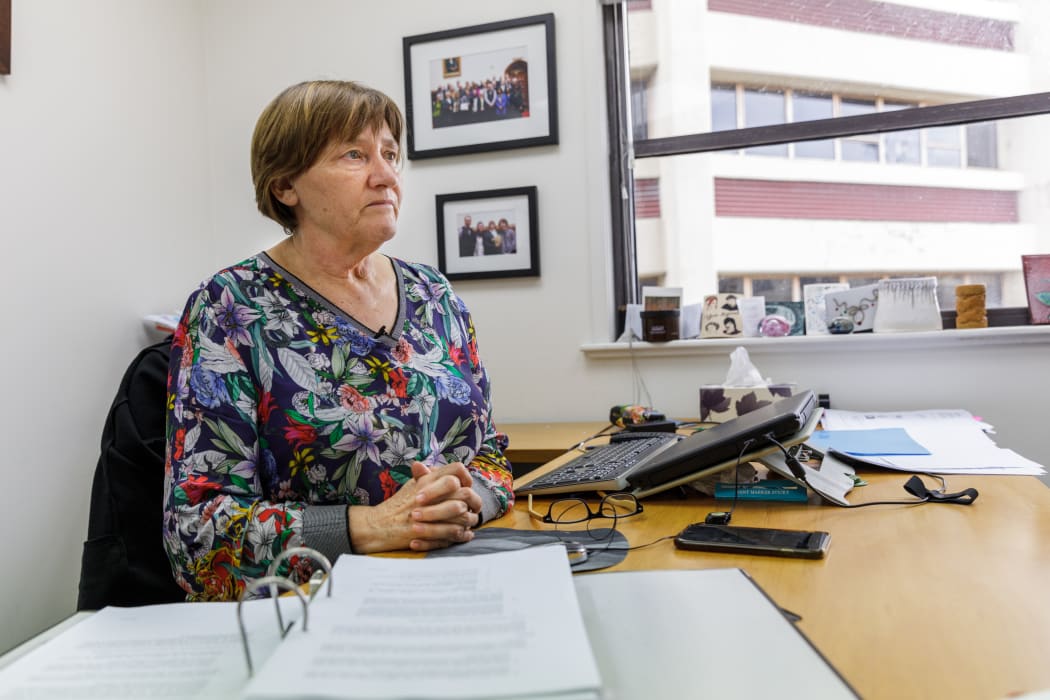
Lawyer representing survivors, Frances Joychild Photo: RNZ / LUKE MCPAKE
Joychild told RNZ under New Zealand's obligations to the United Nations Convention Against Torture, the government should have done more.
"Rehabilitation is not throwing $50,000 at a problem," she said.
"We had people here who were suffering huge mental trauma, PTSD. They had failed in their ability to earn an income, most of them. Often they'd worked for about 20 years and then they'd just burnt out because they had so many unresolved mental health, psychological, physical health problems as a result of getting the ECT.
"Proper rehabilitation would have required the Crown to take each victim, each person on their own, look at them and say, 'Where are you at in your life? What are the things that you don't have that you need to have to be able to rehabilitate?'"
Some former patients were living in cars, and struggling with personal and family relationships.
"There was enormous dysfunction in their lives and there should have been a wraparound system of support for that person depending on what their problems were, but nothing was offered."
Rather, the Crown, after wearing down the lawyer leading the survivors' claims, Grant Cameron, paid only a fraction of what it thought it might have, Joychild said.
Crown Law says it hasn't been able to identify how the $132 million figure was calculated, nor that it was actually set aside.
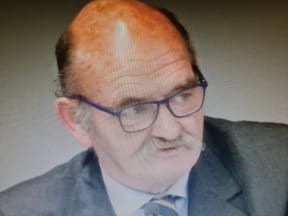
Former patient, Paul Zentveld Photo: Supplied
Paul Zentveld was given drugs and electric shock treatment as punishment for minor misdeeds during his five admissions to the Lake Alice unit.
His pursuit of justice has taken him to the United Nations Committee Against Torture, which last year upheld his complaint.
It urged the government to investigate, leading to the Royal Commission's Lake Alice hearings.
Zentveld said the government had an obligation to pay compensation, given it signed on the UN's anti-torture convention.
"They can play all the dirty tricks they like, but we want to get paid money, big money, because we deserve it, and torture is torture.
"They have to pay for everything ordered by the UN. Torture is torture. They signed up for it in 1947."
Survivors of abuse in state care should be able to charge the government for services they required, such as counselling.
Zentveld said such a scheme, which he calls a "silver card", would work like a community services card to give survivors help they needed.
Independent watchdog group, Citizen's Commission on Human Rights, helped Zentveld with his UN claim, and has investigated Lake Alice since 1976.
The commission's director, Mike Ferriss, said survivors had been put through the ringer to prove they were mistreated.
"I think that's also part of the injustice of this whole process, that their claims have been challenged so vigourously by the government, by Crown Law," he said.
"I think that the evidence is now coming out that they were treated quite wrongly and quite harshly through those claims processes. There was a lot of pushback.
"That in itself deserves compensation, that approach to their claims, when clearly there was a lot of evidence supporting what they were saying."
Some survivors from Lake Alice weren't part of the legal action resulting in ex gratia payments, while others were still coming out of the woodwork, Ferriss said.
One came forward during the Royal Commission hearings and his treatment was under investigation.
Others had sought help through ACC, only to have claims denied.
The question of compensation is likely to be looked at shortly after the outcome of the latest police investigation into the Lake Alice unit's staff.
A decision on whether charges are laid is expected soon.

